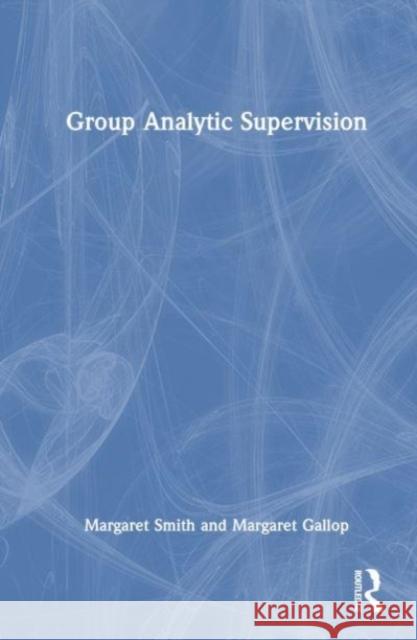Group Analytic Supervision » książka
topmenu
Group Analytic Supervision
ISBN-13: 9781032452203 / Twarda / 2023 / 256 str.
Group Analytic Supervision
ISBN-13: 9781032452203 / Twarda / 2023 / 256 str.
cena 734,66
(netto: 699,68 VAT: 5%)
Najniższa cena z 30 dni: 654,86
(netto: 699,68 VAT: 5%)
Najniższa cena z 30 dni: 654,86
Termin realizacji zamówienia:
ok. 22 dni roboczych.
ok. 22 dni roboczych.
Darmowa dostawa!
Group Analytic Supervision uses group analytic concepts to cast light on how group supervision works, covering history, theory and practice.











